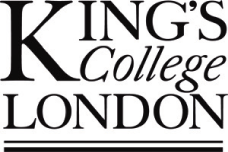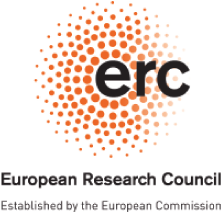Search Presentations content e.g. by keyword, title, location or presenter
Ann Kelly, Alice Street, Imogen Bevan, 1.02.18
Presented at: Liminal Spaces Workshop: Regulating for Uncertainty, Wellcome Collection, London
This paper explored how the tensions between the humanitarian imperatives of disease control and regulatory apprehensions of risk played out in the accelerated development, testing and licensure of Ebola diagnostics. Through the notion of the ‘evidentiary threshold’, she traced the normative and technical contours of the emerging paradigm of emergency research and development. Important questions were raised around the commitment to data sharing, lack of cross-validation and downstream challenges of gaining access to, and testing of, samples. These issues are compounded by regulatory ambiguity, lack of harmonisation, differences between minimum thresholds for approval versus deployment, and call for convergence between national regulatory structures. There can often be a disjunct between approval mechanisms that support and promote product development in the emergency context and the cross-over into the non-emergency context whereby access or further use is denied, blocked or subjected to entirely different, stand alone, regulatory paradigms.
Ann Kelly, 25.01.18
Presented at: Kings engaged in Africa 2018: security and development, Kings College London
Nanda Kishore Kannuri, 17.01.18
Presented at: Investigating diagnostics in global health: DiaDev Launch Event, University of Edinburgh
This presentation explored the questions around trust that emerge when malaria diagnostic tests transgress public/private and informal/formal boundaries in public health. What is the difference between trusting an individual, a system, or a device? Do diagnostic devices reduce uncertainty? And how does the diagnosis of malaria feed into the normalization of a disease?
Older Page 3 of 3




